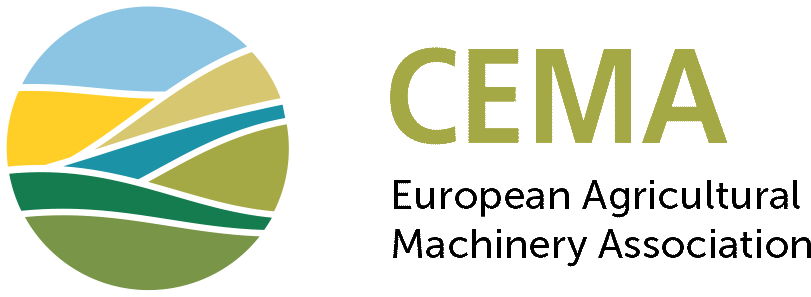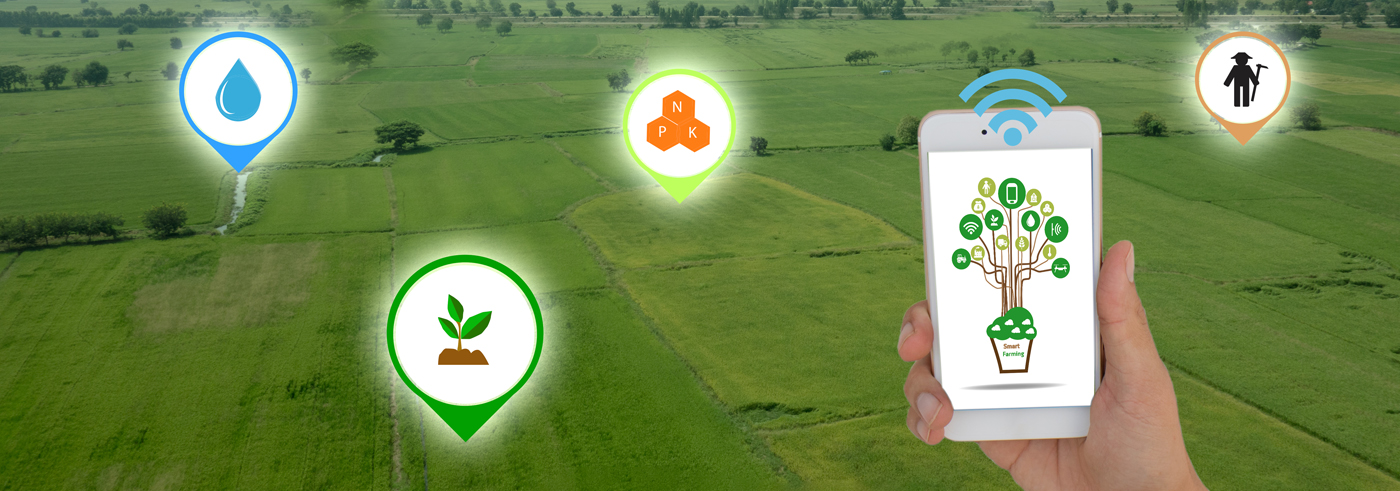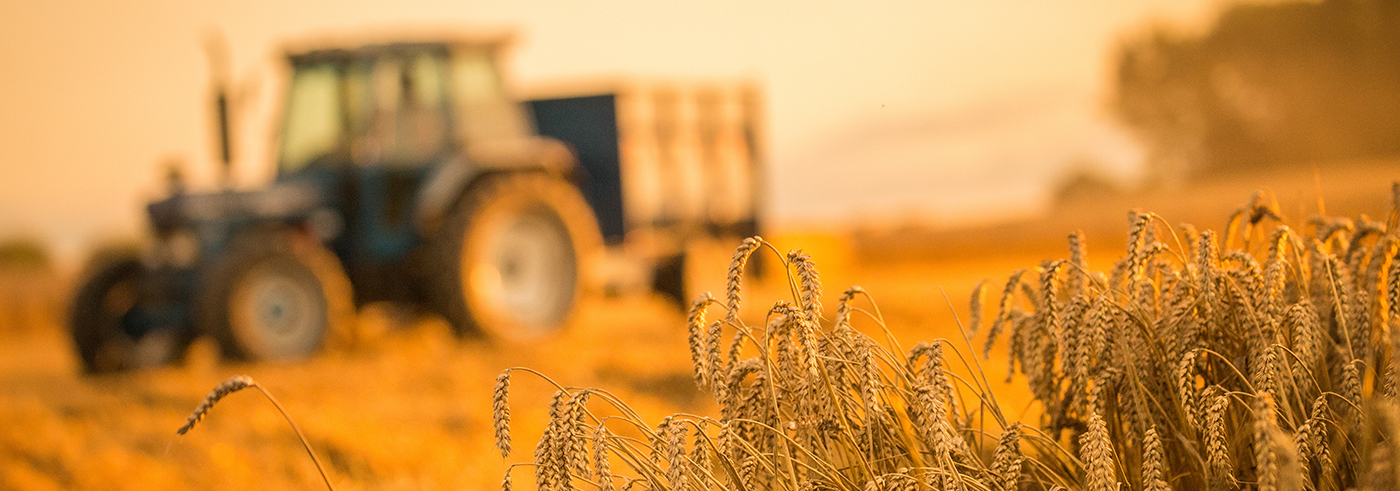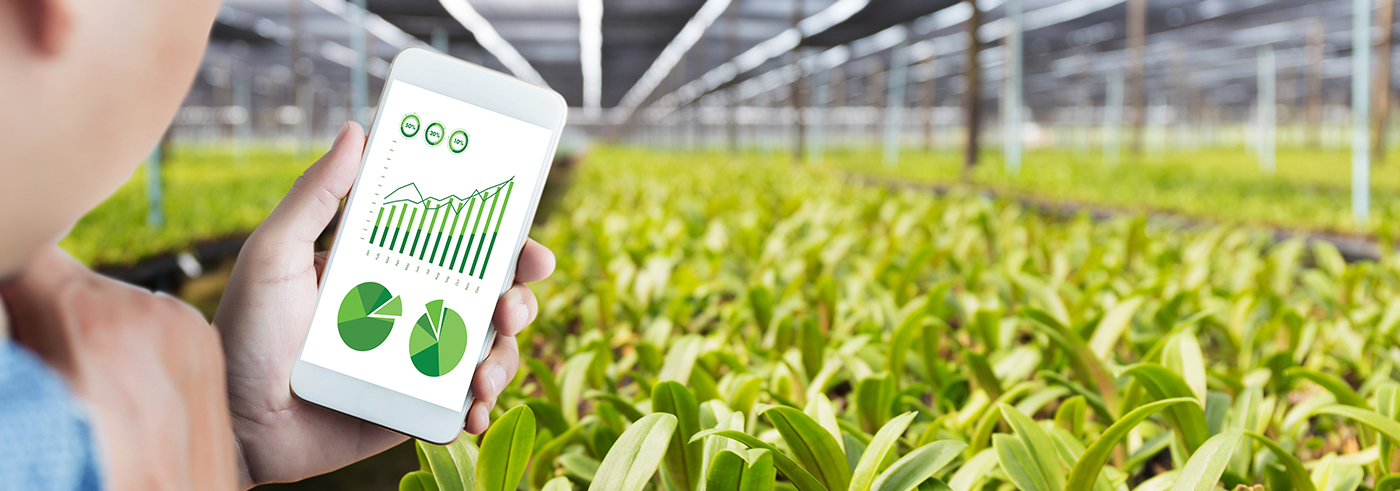
Sustainable techno-economic solutions for the agricultural value chain
Start date: 1 June 2016
End date: 31 May 2019
In a nutshell:
AgroCycle is a ca. €8 million (ca. €7 million from the European Commission, ca. €1 million from the Government of The People’s Republic of China) Horizon 2020 research and innovation project addressing the recycling and valorisation of waste from the agri-food sector. Led by the School of Biosystems and Food Engineering at University College Dublin, the consortium of 26 partners comprises partners from 8 EU countries, two partners from mainland China, and one from Hong Kong. The project takes a holistic approach to understanding and addressing how to make best use of the full range of waste streams associated with the agri-food industry. It will address a wide range of valorisation pathways, including: bio-fuels, high value-added biopolymers, energy and microbial fuel cells. It will deliver the AgroCycle Protocol, a blueprint for achieving sustainable agri-food waste valorisation.
Project objectives:
AgroCycle aims at developing and demonstrating a protocol to deliver a 10% increase in agricultural waste valorisation by 2020 and contribute to the European policy target of reducing food waste by 50% in 2030 as well as to enhancing greater sustainability in China in this field.
The project’s main objectives are to achieve:
- Understanding and mapping the agri-food waste streams and finding out the various valorisation pathways with their high-value products;
- Optimised design for multi-feedstock biofuels production with higher conversion yield and improved functionalities;
- Optimised biofertilisers production and use;
- Development of a generic modular design for valorisation and reuse of nutritional wastewaters from the agri-food processing industries;
- Integrated, flexible multi-feedstock extraction of proteins, fibres and SPMs from horticultural waste;
- Implementation of a multi-actor joint stakeholder platform for knowledge exchange;
- Definition of sustainable value chains and new models for business.
Consortium:
The AgroCycle consortium is a large (25) multi-national group (including China) comprising the necessary and relevant multi-actors (i.e. researchers; companies in the technical, manufacturing, advisory, retail sectors (Large and SMEs); lead users; end users; and trade/producer associations) coordinated by the School of Biosystems and Food Engineering at University College Dublin.
CEMA role & contributions:
CEMA has been a key partner to promote the involvement of the private sector – agricultural machinery industry – into the AgroCycle project, thus:
- Providing feedback to the consortium about the existing technologies for processing waste stream and facilitating the logistics in collection, storage and transport.
- Informing and involving the CEMA network about the main outcomes of the activities carried out in this Work Package.
- Liaising with the agricultural machinery industry, facilitating the participation of industry representatives at the events organized by the project.
- Supporting the development of the Joint Stakeholder Platform (JSP) and the Market Place, bringing the view of the ag. machinery industry.
- Carrying out a full analysis of barriers, benefits and recommendations for sustainable agricultural systems, focused on how the use of modern farm machinery could enhance a further re-use of AWCB on farms (as part as the Interim Report ‘Sustainable Agricultural Production Systems’ - D8.2).
- Contributing to the dissemination activities through the different CEMA channels (newsletter, website, social media, individual contacts, etc.) as well as presenting the project progress in different EU and National events, and during internal CEMA meetings.
- Participating in European and National meetings and workshops organized by the project.
Check more on this unique project:








